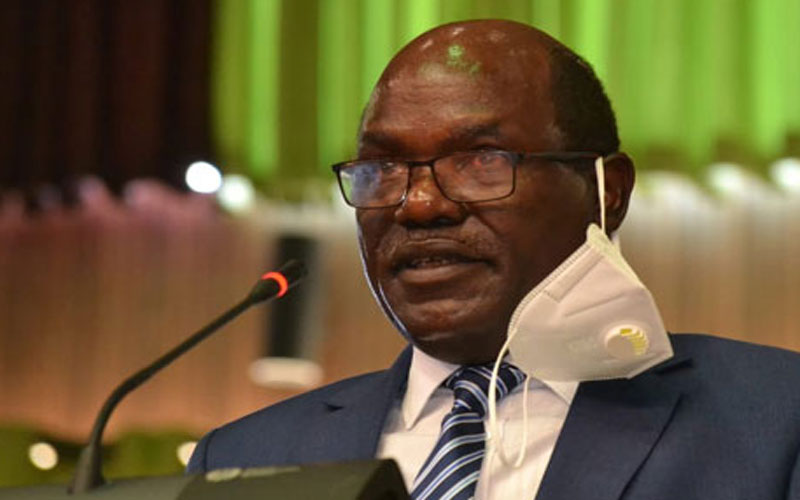×
The Standard e-Paper
Home To Bold Columnists

The chairperson of the IEBC, Wafula Chebukati, says legal loopholes are to blame for "corrupt" politicians' enrollment as elective seat candidates. [File, Standard]
The Independent Electoral and Boundaries Commission (IEBC) Chairperson Wafula Chebukati says two articles in the Constitution stop the agency from barring “corrupt” or “crime-linked” aspirants from vying for elective seats.